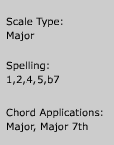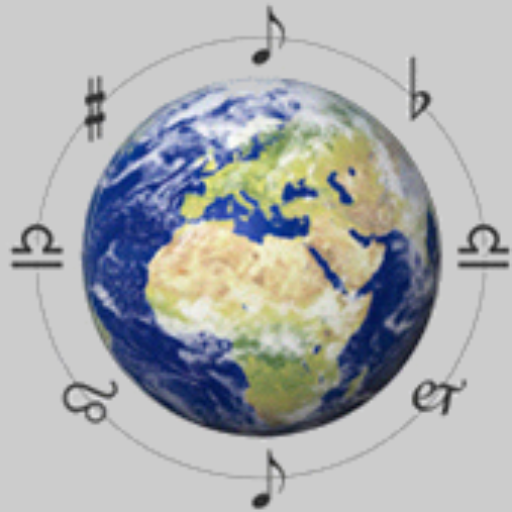Scales of the World
Menu

The Egyptian scale is technically neither minor nor major since it lacks a third and this makes it extremely versatile. It’s spelling is 1 , natural second, natural fourth and fifth and flat 7.
It is reminiscent of the eastern scales like Iwato and Kokin Joshi in that it has fewer tones than western scales and is sparse and mysterious. The “flavor in these scales is in the tone of the instrument, the technique of the player, the vibrato and the bends, the accompaniment. Otherwise these scales just sound like arpeggios, exercises.
String players: try tuning one of your strings way down — perhaps even an octave — and you can get some wild bends that are found in Eastern, Middle Eastern as well as North African music.
And Go!
C
D
E
F
G
A
B
C

